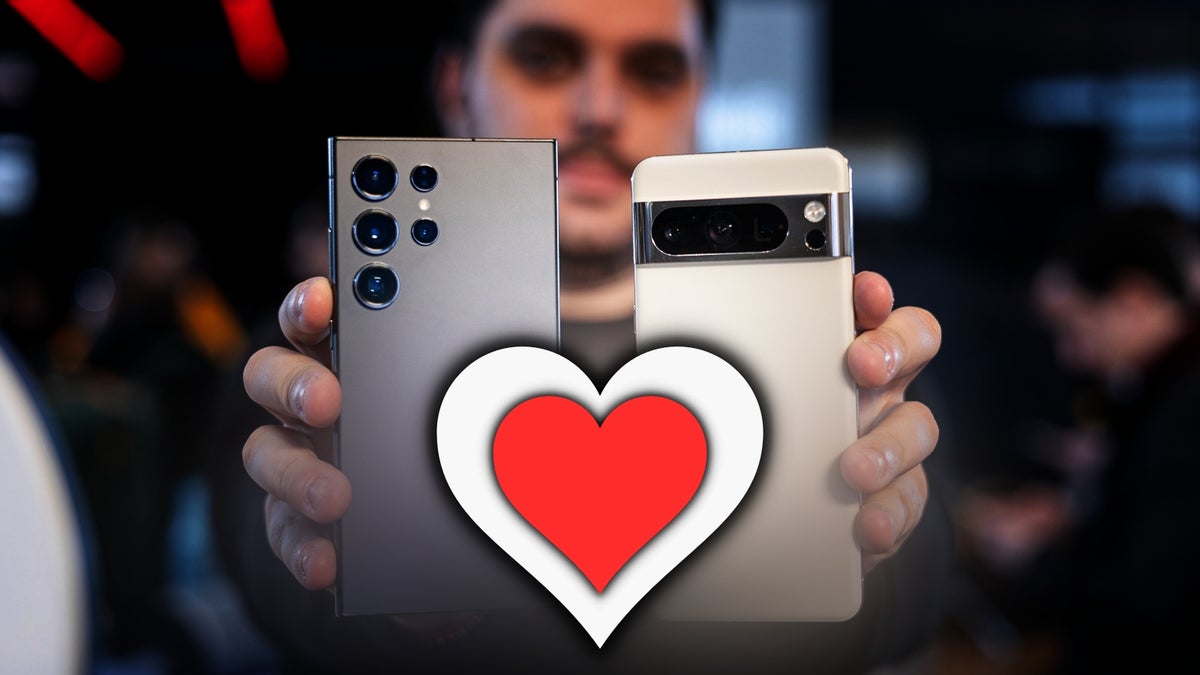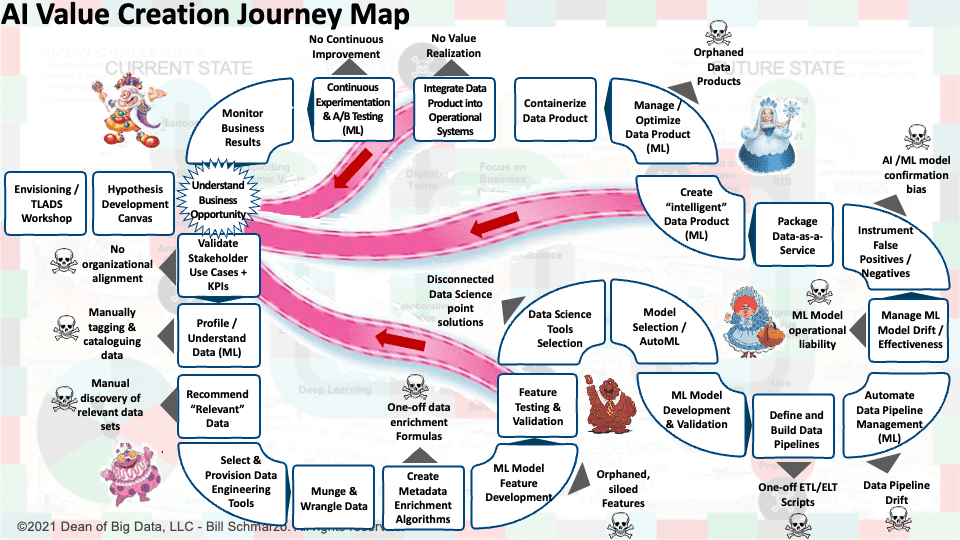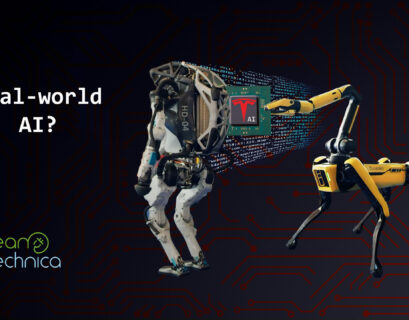With the recent collaboration between Google Cloud and Samsung, users of the Galaxy S24 will gain access to Gemini, our most advanced AI model, through Samsung-built apps and services. This partnership signifies a significant step towards integrating Gemini into various product experiences for Galaxy users worldwide. For more details on the Google Cloud and Samsung alliance, refer to the official statement from Google.
The decision to grant Samsung early and exclusive access to some of Google’s key AI features, which contribute to the uniqueness of Pixel phones, is primarily driven by business considerations. The symbiotic relationship between Google and Samsung is evident, with Samsung producing the Tensor chip for Google’s Pixel devices, while Google reciprocates by sharing its cutting-edge AI algorithms with Samsung’s latest Galaxy S24 smartphones.
The deepening bond between Samsung and Google underscores their strengthened partnership. While Samsung supplies modified Exynos chips (Tensor) for Google’s Pixel flagship devices, Google provides Samsung with access to exclusive software and AI capabilities even before the Pixel 8 release.
The collaboration appears to offer significant advantages to Samsung, as the Galaxy S24 series becomes the first Android phones, following Google’s Pixel lineup, to receive seven years of Android OS updates. However, this raises questions about the implications of this partnership on Pixel phones and the broader Android ecosystem.
The prominence of Google’s AI algorithms on Samsung’s Galaxy S24, powered by Qualcomm’s Snapdragon and Samsung’s Exynos chips, highlights that the intelligence of the Pixel primarily stems from Google’s AI advancements rather than the Tensor chip. This shift in perspective positions Tensor more as a product driven by business motives rather than a core component of the Pixel phone.
Interestingly, observations by Ben Sin reveal that Google’s AI features run more efficiently on the Galaxy S24 compared to the Pixel 8, attributed to the superior CPU, GPU, and NPU in the S24. This disparity suggests that the Tensor chip might be limiting the performance of the Pixel 8, prompting considerations for Google to enhance the next Tensor SoC for optimal AI functionality or revert to Qualcomm chips.
The user experience on the Pixel 8 Pro, especially regarding AI-related tasks like photo processing and generative AI, raises concerns about recommending the Pixel 8 over the Galaxy S24, which excels even in features developed by Google for the Pixel.
The evolving dynamics between Google and Samsung prompt reflections on Google’s priorities – whether to prioritize creating the best Pixel phone, advancing Android as a software entity, or making strategic business decisions. Balancing these roles presents challenges for Google as it navigates its position as a data center leader, Android creator, and phone manufacturer.
The exclusivity of Google-made AI features on the Galaxy S24 and Pixel 8 raises questions about fairness towards other Android phone manufacturers. The potential segregation of Android features and updates between the Pixel/Galaxy ecosystem and other Android devices could disadvantage competitors like OnePlus, Xiaomi, and Motorola.
In conclusion, Google’s intricate relationships with Samsung and other Android phone-makers highlight potential conflicts of interest within the company. The multifaceted objectives of enhancing Android, promoting the Pixel brand, and fostering partnerships underscore the complexity of Google’s position in the mobile industry.










